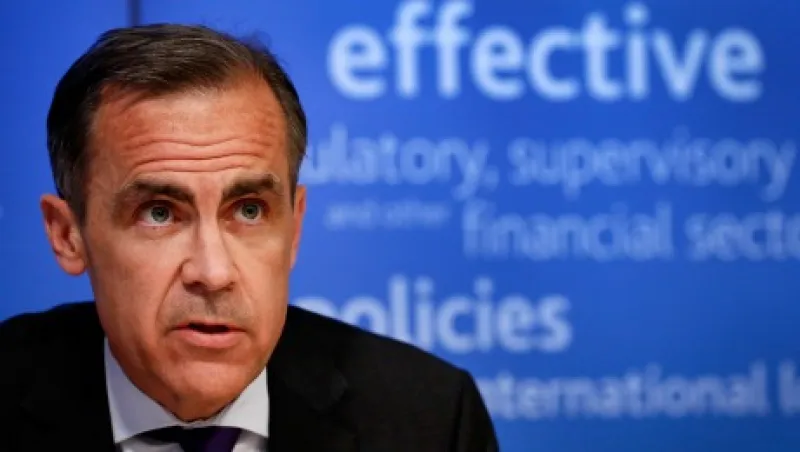
Daily Agenda: Financial Services Board Outlines New Bank Capital Requirements
Yum! Brands earnings among first of quarterly reports this season; Bank of Japan keeps bond-buying facility unchanged.
Andrew Barber
October 7, 2014


